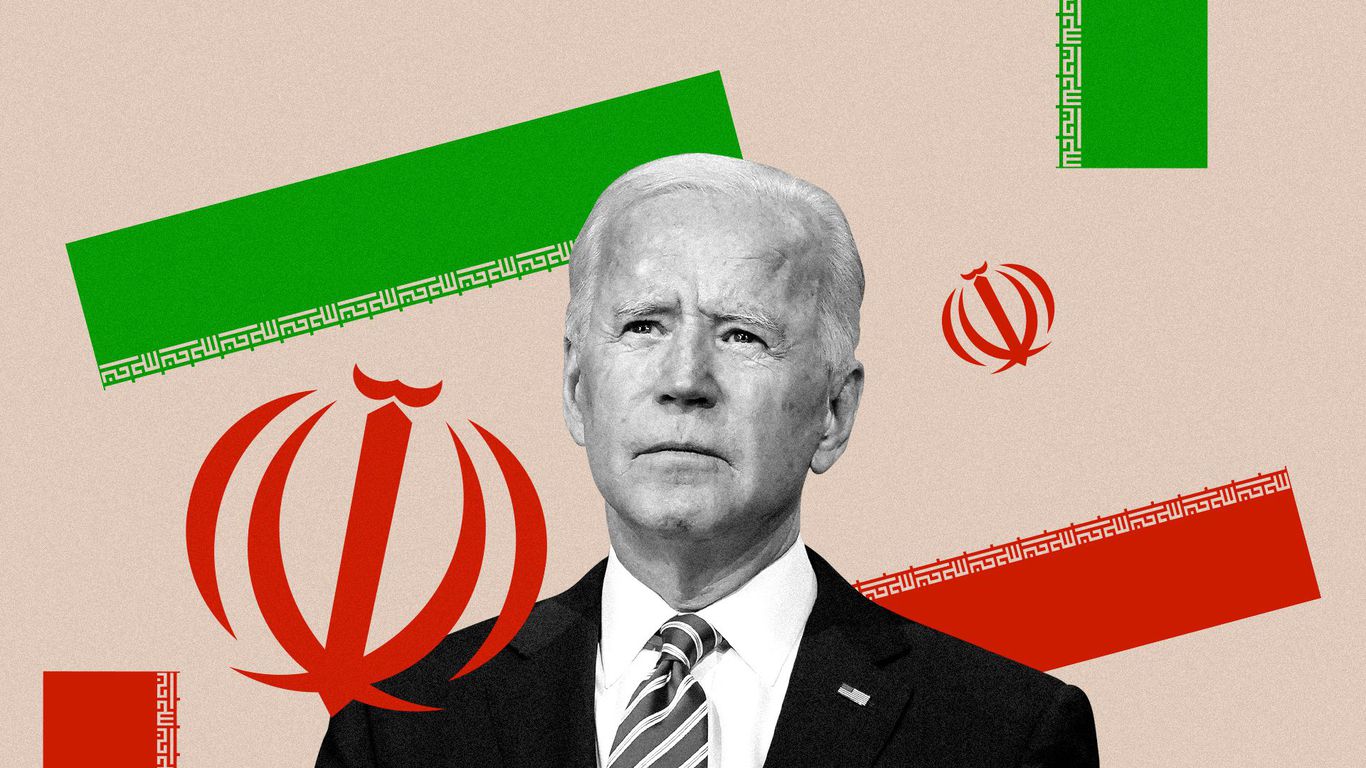Earlier this month Israel’s former ambassador to the United Nations, Danny Danon, took to Twitter to list the countries US President Joe Biden had already graced with a first phone call. Noting that Israel was not among them, he gave Mr Biden a number for Israeli Prime Minister Benjamin Netanyahu.
This supposed snub by the White House led to speculation that other aspects of the US-Israeli relationship might be at risk. The last four US presidents to be elected have all signed a document that pledges the United States to avoid discussion of Israel’s nuclear arsenal when pursuing non-proliferation policies. Could Mr Biden possibly refuse to sign?
Such anxieties have their foundation in the policies of the Obama administration towards Iran’s nuclear program and in particular the 2015 agreement between Iran and six world powers that a range of sanctions on Iran would be lifted in return for an end to that country’s uranium enrichment, widely seen as a bid to develop nuclear weapons.
The Joint Comprehensive Plan of Action, as it was formally known, was bitterly opposed by Iran’s regional rivals, Israel and Saudi Arabia chief among them. When the Trump administration pulled out of the agreement and reinstated sanctions, the deal’s other parties – Russia, China, Britain, France and Germany – worked to keep it on life support in the hope that a future Democratic president would sign up again.
Read the article in The Sydney Morning Herald and The Age.

